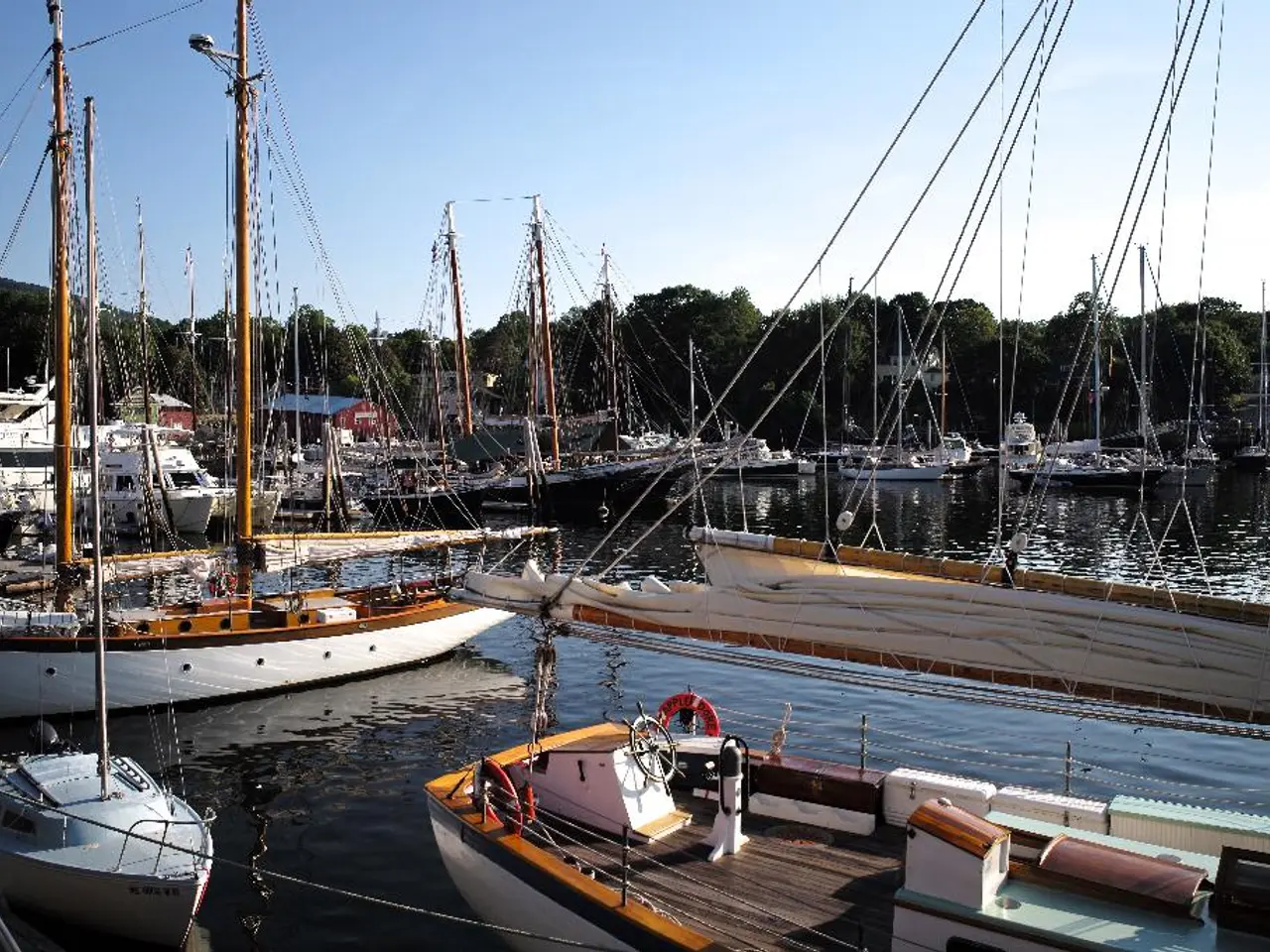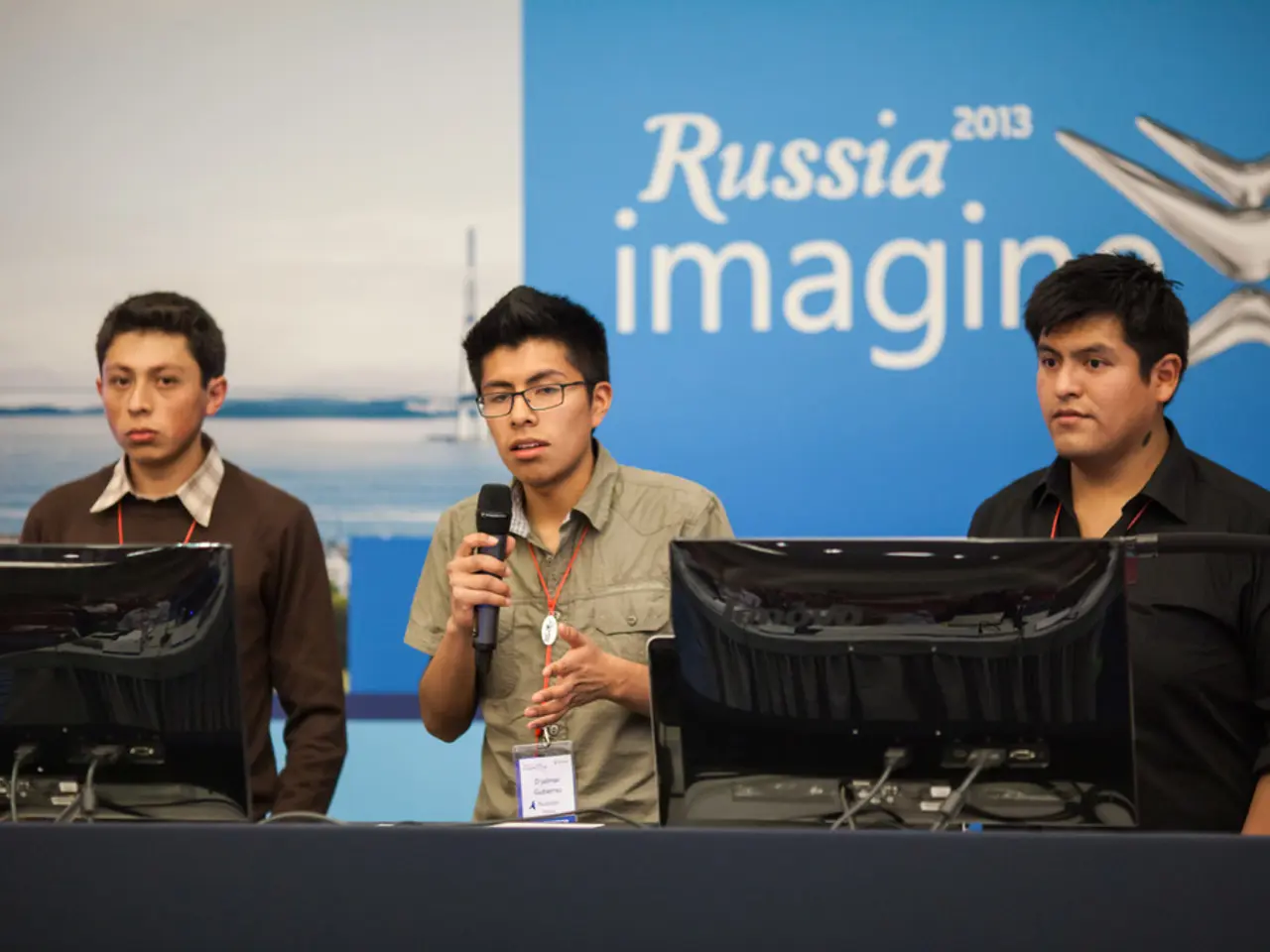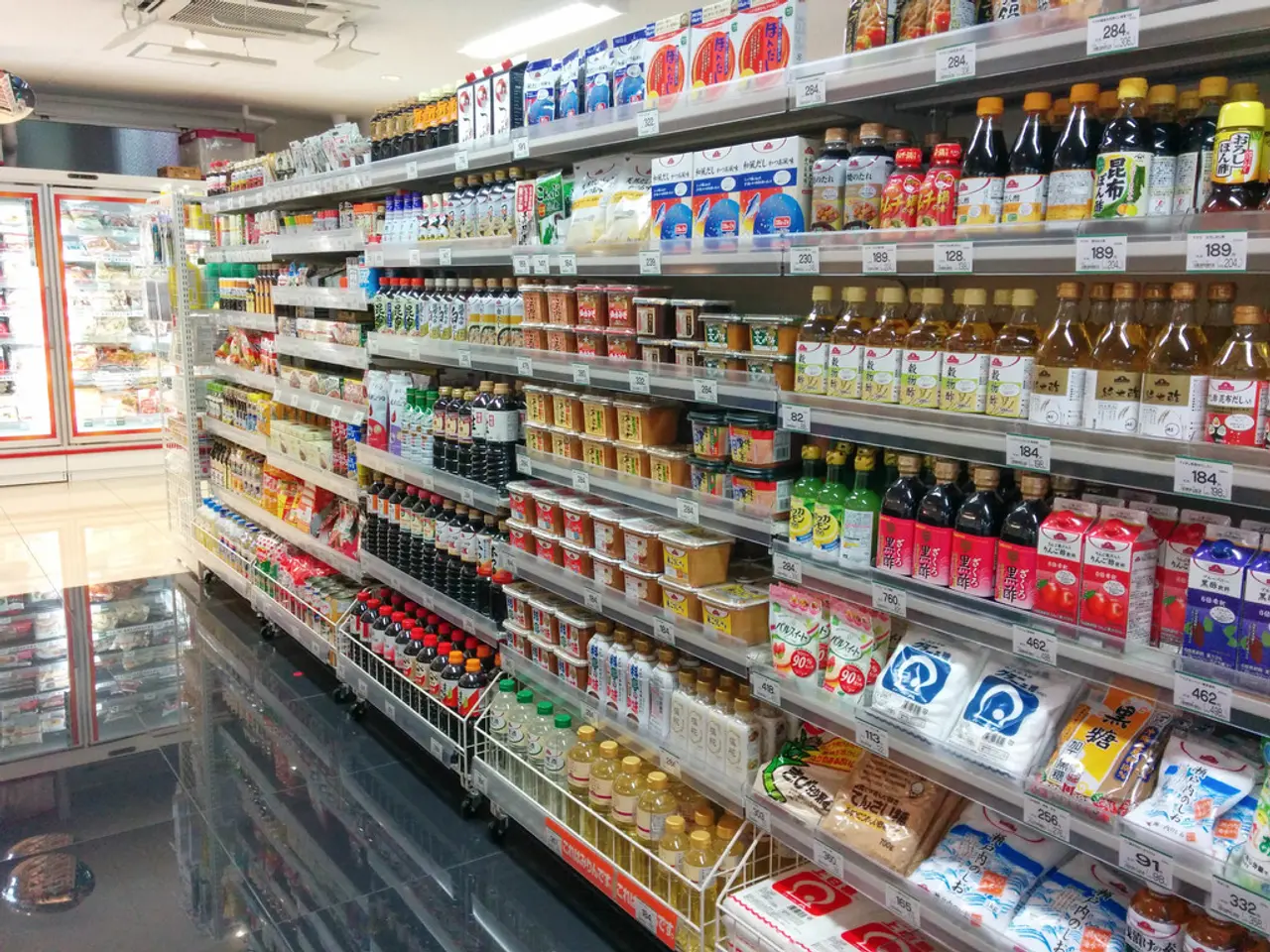Increases in budget allocated to North Africa proposed by Brussels to strengthen border control and manage migration
The European Commission has proposed a significant increase in the budget for external action and cooperation with third countries, amounting to over €200 billion for the period up to 2034. This ambitious plan, named the 'Global Europe Instrument,' aims to make the EU an "actor," not just a payer, in its relations with these countries.
The Mediterranean pact Brussels plans to present in the fall will be laid on this increased budget, with the North Africa and Middle East region receiving €43 billion, more than double the current allocations. The Sub-Saharan Africa region will receive €60,000 million, the Asia-Pacific zone will receive €17,000 million, and Latin America and the Caribbean will receive €9,000 million. These allocations practically triple the current budget for these regions.
The budget aims to improve border management and migration control by adopting a strategy that involves creating buffer zones and engaging non-EU countries in cooperation. This approach could lead to increased cooperation with countries in the Mediterranean and North Africa on migration control, while also supporting social initiatives, economic and energy cooperation, and possibly extending projects like Erasmus+ to the region.
However, this strategy has been met with criticism. Critics argue that these efforts could potentially divert aid from poverty reduction and inequality issues to serve short-term political gains, such as controlling migration. There are also concerns about human rights violations in the context of border management, as the EU's policies might lead to funding for authoritarian regimes and increased violence against migrants.
Frontex, the EU's border agency, plays a significant role in this externalization of border control. It has expanded its operations in non-EU states, including collaboration with countries in the Mediterranean region to manage migration flows. This expansion has raised concerns about human rights abuses and the perpetuation of violent deterrence.
The EU Commissioner for International Relations argues that the increased budget will allow for stronger relations that reinforce Europe's global position. The budget also reserves €15,000 million for crisis response in the coming period and sets aside €100,000 million specifically to macro-financially support Ukraine. The budget does not compromise other priorities of the EU's external action, as the aid for Ukraine is conceived as a fund outside the community budget and above its financial limit.
In conclusion, the European Commission's proposed budget and strategies focus on leveraging external action instruments to enhance cooperation with non-EU countries, particularly in North Africa and the Mediterranean, to manage migration and border control. While these policies aim to address the EU's labor shortages and strengthen its global position, they face criticisms regarding their impact on global development and human rights.
- The Global Europe Instrument, a proposed budget increase by the European Commission, also includes allocations for the Mediterranean pact, with the North Africa and Middle East region receiving €43 billion.
- Critics argue that the EU's approach to border management and migration control, which involves creating buffer zones and engaging non-EU countries, could potentially divert aid from poverty reduction and inequality issues to serve short-term political goals.
- The European Commission, in its defense, argues that the increased budget will not compromise other priorities of the EU's external action, as a specific fund of €100,000 million has been set aside to macro-financially support Ukraine.




